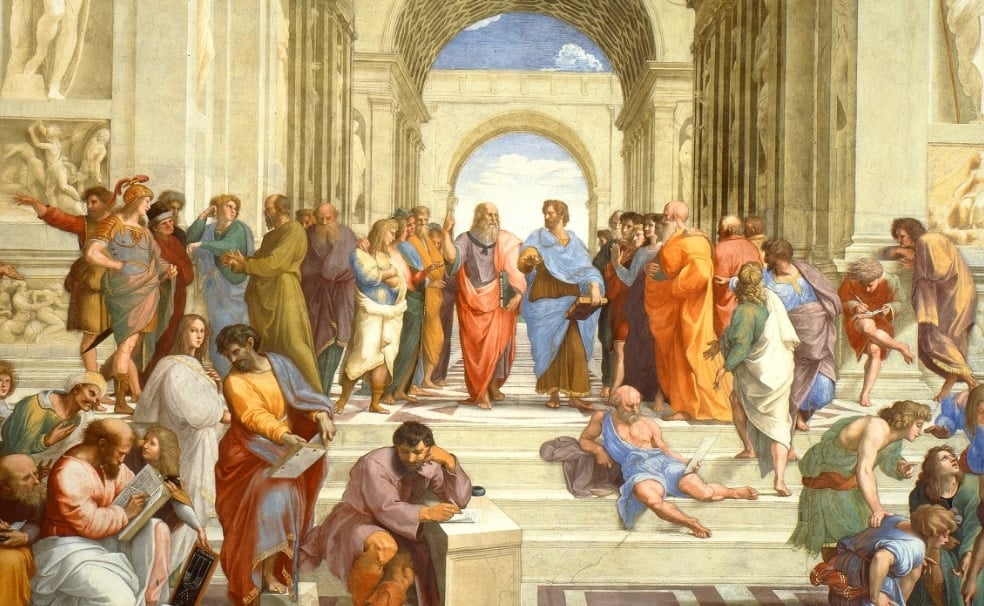Sub-DAO Showdown: The Great Debate Over Benefits and Frustrations
 Krinza Momin
Krinza Momin
As DAO continues to evolve, a new type of subculture will emerge: the Sub-DAO. These smaller, specialized DAOs (decentralized autonomous organizations) have been gaining popularity among contributors of the communities for their ability to provide focused governance and decision-making.
However, not everyone is convinced of their benefits, and a lively debate has emerged over the pros and cons of sub-DAOs.
Why are they causing such a stir?
On one side, proponents argue that SubDAOs allow for increased specialization and delegation of tasks within the larger organization. On the other side, critics argue this added layer of complexity can lead to confusion and a lack of accountability.
Too many cooks in the kitchen: Critics warn of power imbalances and conflicts of interest
The major point of contention is the potential for Sub-DAOs to create power imbalances within a larger organization. Since they operate independently, SubDAOs may be able to accumulate more power and influence than other groups within the larger DAO.
This can lead to conflicts of interest and potentially even create a hierarchy within the otherwise organization.
Proponents say specialization and efficiency outweigh potential drawbacks
Despite the criticisms, many believe that the benefits of Sub-DAOs outweigh the potential drawbacks. By allowing for increased specialization and efficiency, Sub-DAOs can help larger DAO to delegate certain tasks to smaller, more focused groups within the organization. This can result in expanded efficiency and productivity, as the specialized Sub-DAOs are able to focus all their efforts on a specific goal.
Sub-DAOs can also provide a way for different groups within a larger organization to have more control over their own affairs. This can help to foster a sense of ownership and engagement among members, potentially leading to more active participation and a stronger overall community.
It's kind of like how everyone has their own little kingdom in the game of Monopoly – except instead of building hotels and making everyone else go bankrupt, you're working together to achieve a common goal.
However, the specialization can lead to frustration among members of a larger DAO. Since Sub-DAOs operate independently, there can be confusion about which group is responsible for a particular task or project. This lack of accountability can lead to delays and misunderstandings within the larger organization.
The great Sub-DAO debate rages on
The buzz of Sub-DAOs has certainly added a new layer of complexity to the already convoluted structures of organizations. But despite the initial concerns and frustrations surrounding sub-DAOs, it is becoming increasingly clear that these mini-DAOs offer a wealth of benefits for the organization. From the ability to provide specialized governance and decision-making to foster a sense of ownership and engagement within a larger community, the advantages of sub-DAOs are hard to ignore.
Sure, there will always be challenges to be faced and potential pitfalls to avoid when it comes to implementing any new tool or system. But with careful planning and consideration, sub-DAOs have the potential to greatly improve their effectiveness.
It's like when you finally figure out how to use the self-checkout machine at the grocery store – it might take a few tries, but once you get the hang of it, it's a game-changer.
The Great Debate Over Sub-DAOs Comes to a Close
The debate over sub-DAOs is not really a debate at all – it is simply a matter of recognizing and embracing the benefits they have to offer. Whether you are a member of a larger DAO looking to delegate certain tasks and decisions, or you are a part of a specialized sub-DAO focused on a particular area of expertise, it is clear that these organizations are here to stay.
They're like that one friend who always has all the answers – you might not always agree with them, but you know they're going to be there for you.
After all, what could possibly go wrong when we all work together as a team?
Note: This statement is not a guarantee that nothing will go wrong.
Please proceed with caution.
Subscribe to my newsletter
Read articles from Krinza Momin directly inside your inbox. Subscribe to the newsletter, and don't miss out.
Written by

Krinza Momin
Krinza Momin
developer relations engineer / ai / ml / web3.